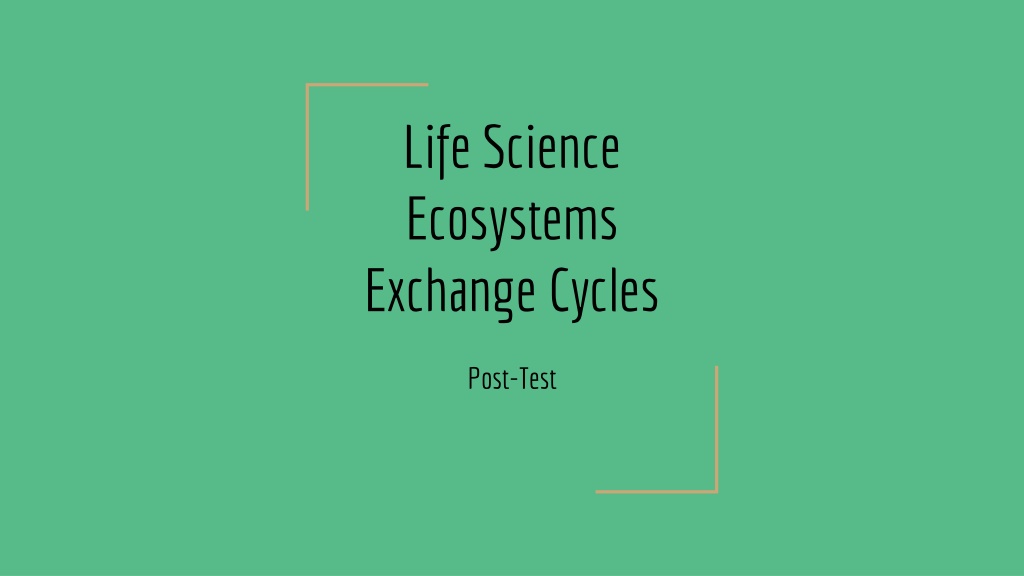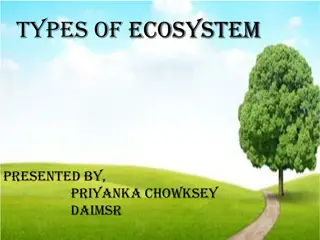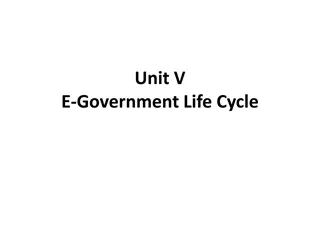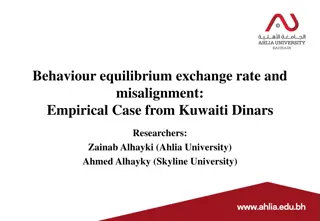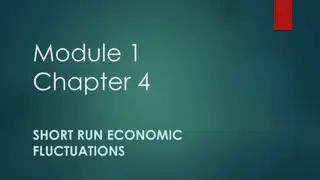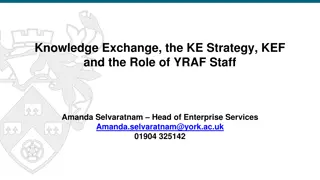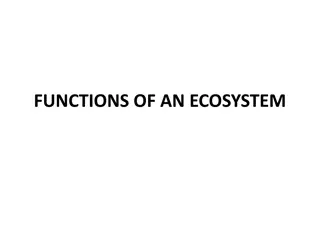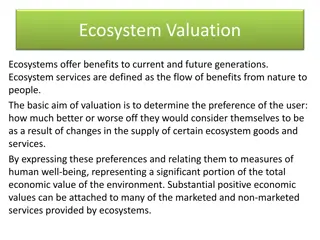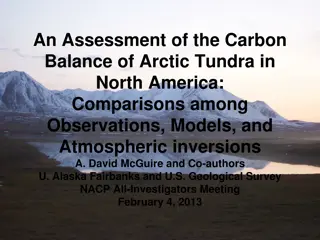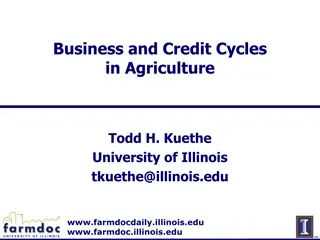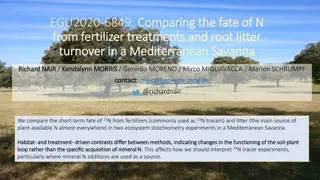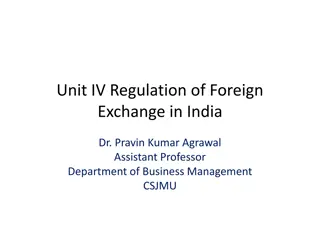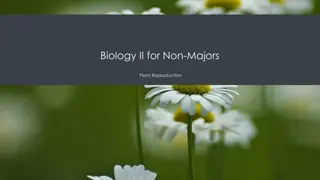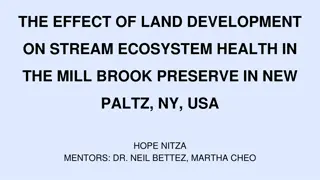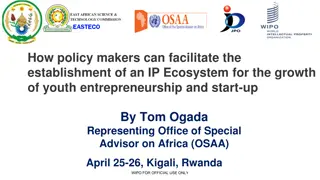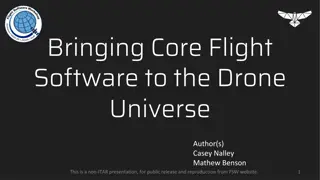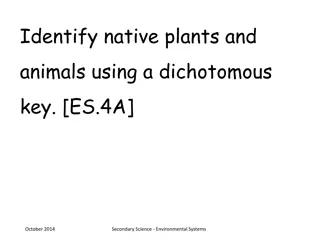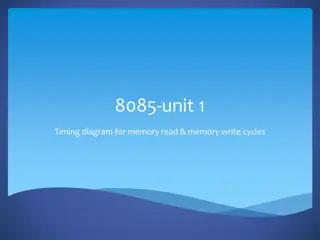Ecosystem Exchange Cycles in Life Science
Learn about the law of conservation of matter, harmful effects of fossil fuels, the role of the sun in photosynthesis, organic matter decomposition, and oxygen atoms in the photosynthesis reaction. Understand the crucial processes that sustain life on Earth.
Download Presentation

Please find below an Image/Link to download the presentation.
The content on the website is provided AS IS for your information and personal use only. It may not be sold, licensed, or shared on other websites without obtaining consent from the author. Download presentation by click this link. If you encounter any issues during the download, it is possible that the publisher has removed the file from their server.
E N D
Presentation Transcript
Life Science Ecosystems Exchange Cycles Post-Test
The law of conservation of matter states that matter cannot be created or destroyed in an isolated system. How does this relate to exchange cycles? A. Once an element has completed a cycle it disappears B. Elements are transformed into different elements when they go through exchange cycles C. The limited supply of elements in and around the earth means that they have to be recycled for life to continue D. New elements are constantly being fed into the cycles that power life
Which of the following is NOT a harmful effect of using fossil fuels for energy? A. It produces gases that trap heat in the atmosphere B. It pollutes the air and water C. Oil spills can destroy ecosystems D. Up to a point, the carbon dioxide produced by burning fossil fuels can be converted into oxygen by plants
During photosynthesis, what role does the sun play? A. The sun transforms the carbon dioxide into oxygen B. The sun warms up the water and causes it to evaporate C. The sun breaks down the oxygen going into the plant D. The sun provides radiant energy that is converted into chemical energy to power the synthesis of glucose
In the diagram below, when organic matter decomposes, it ends up providing the precursor compounds for what process? decomposers Decay into organic matter CO2+ H2O consumers Radiant energy sun producers Chemical energy A. Photosynthesis B. Predation C. Decomposition D. Evaporation
In photosynthesis, carbon dioxide and water are transformed into glucose and oxygen by the reaction below. How many oxygen atoms participate in this reaction? A. 12 B. 6 C. 24 D. 18
